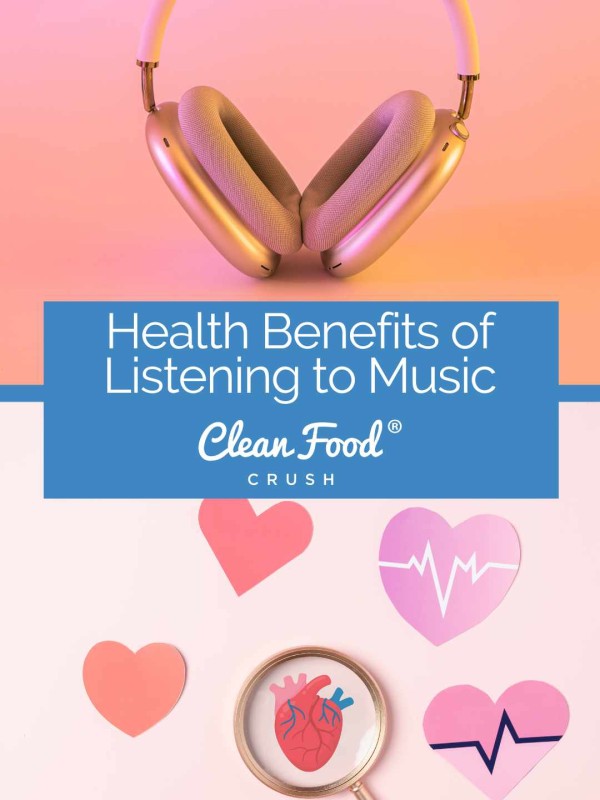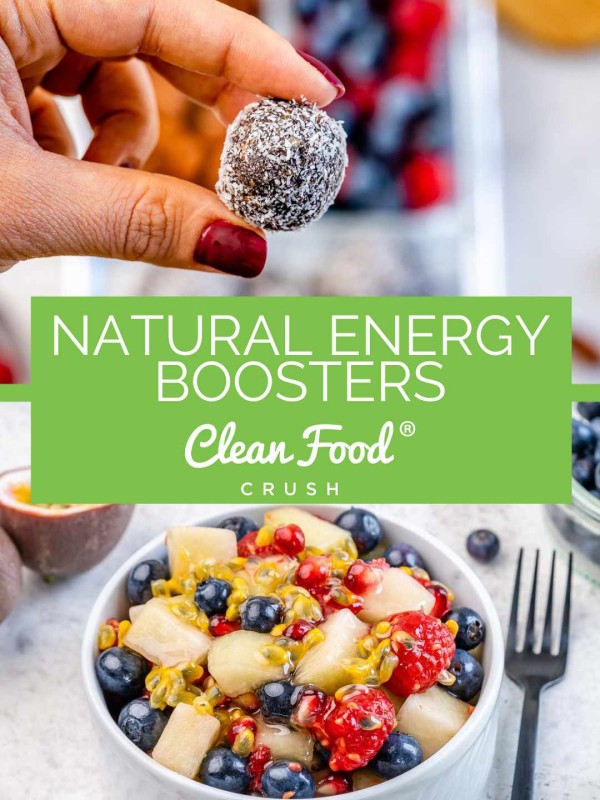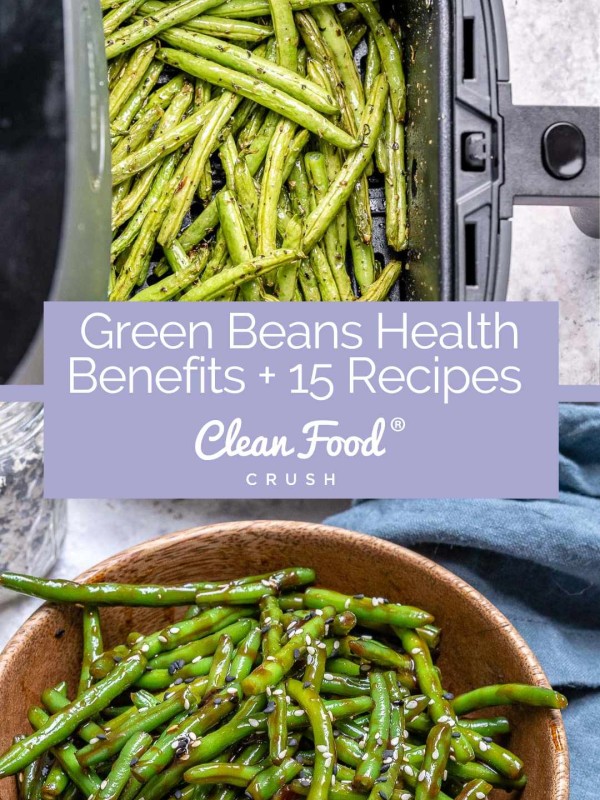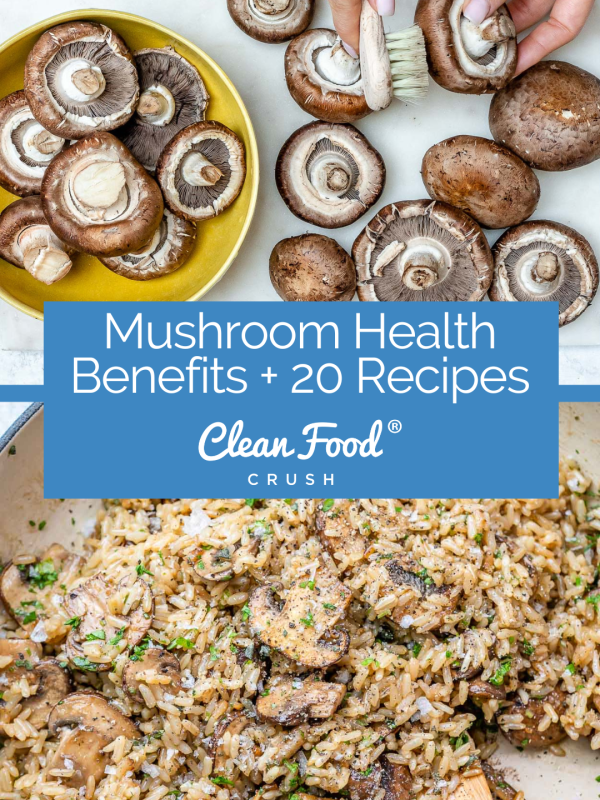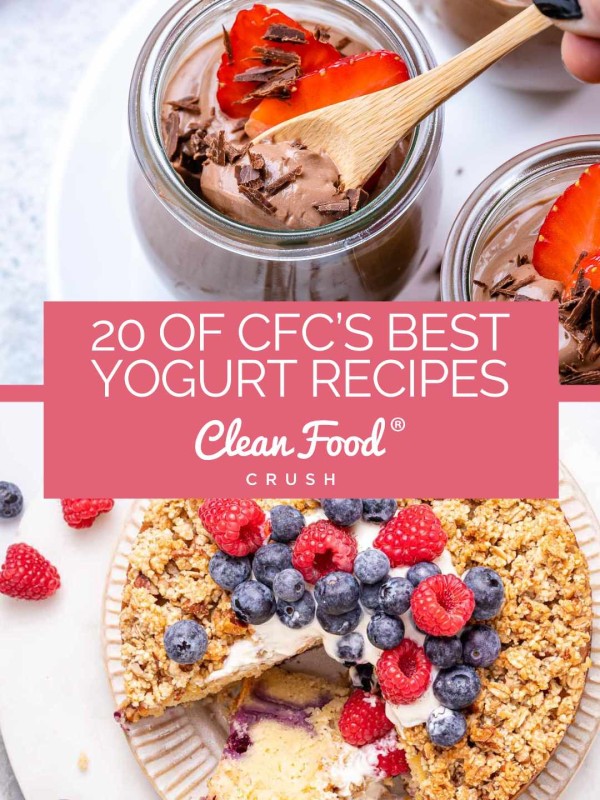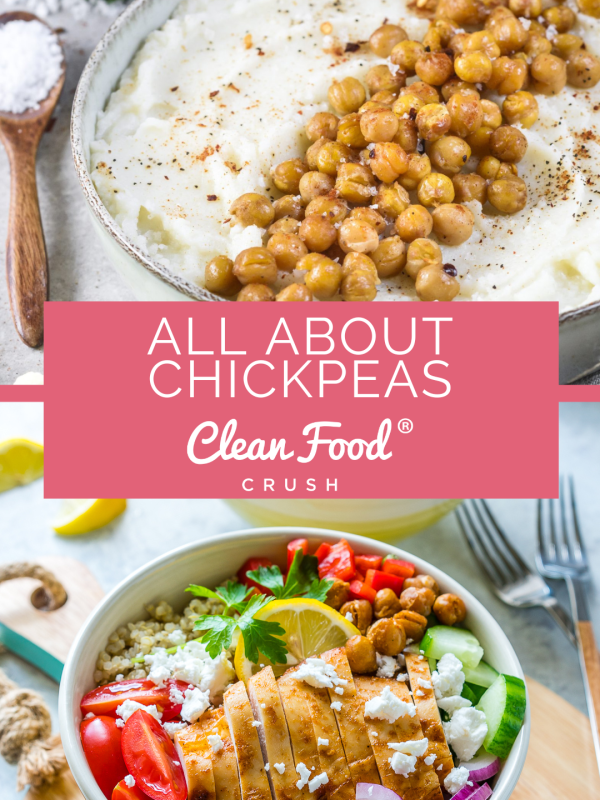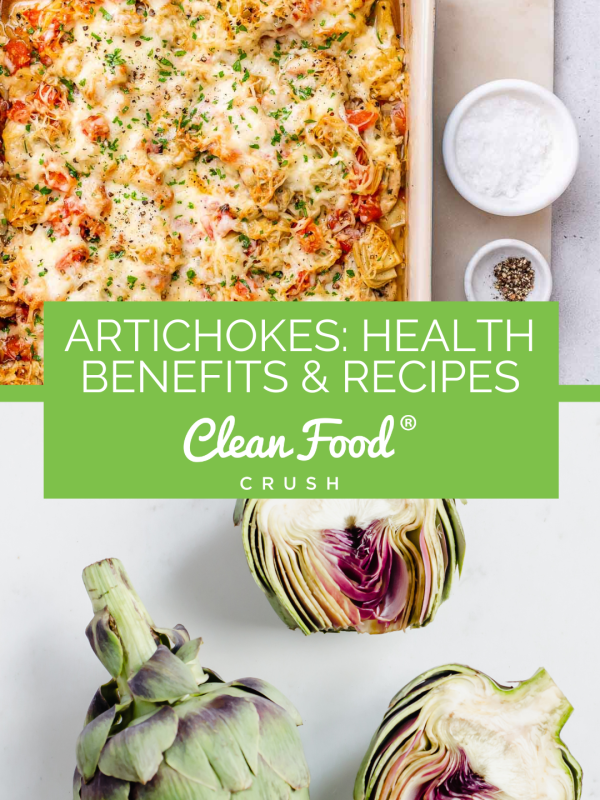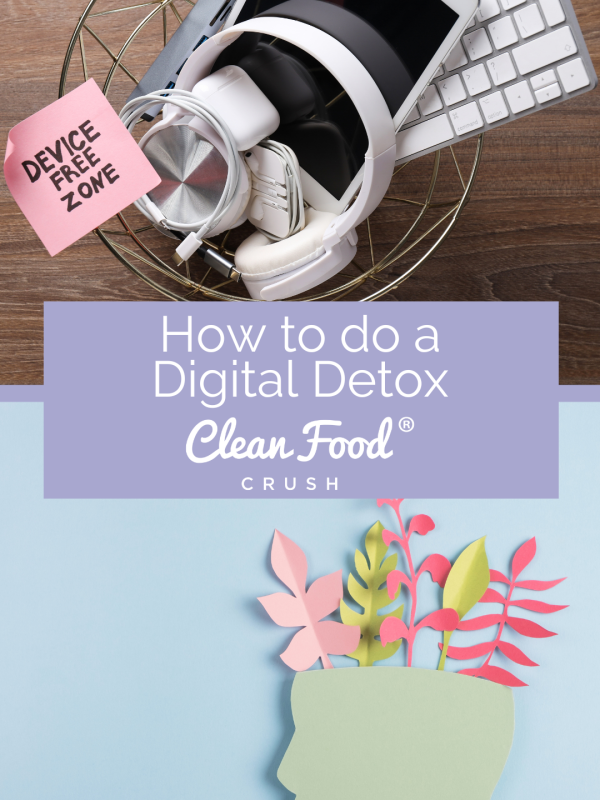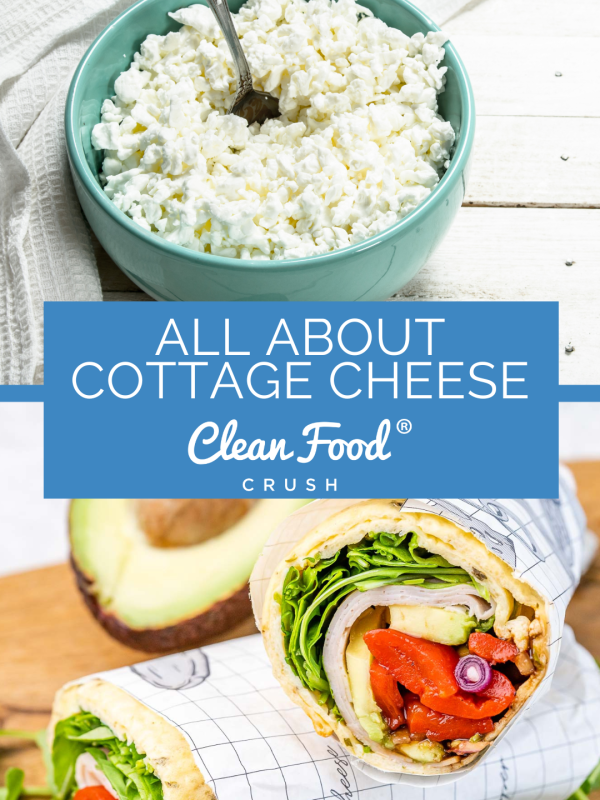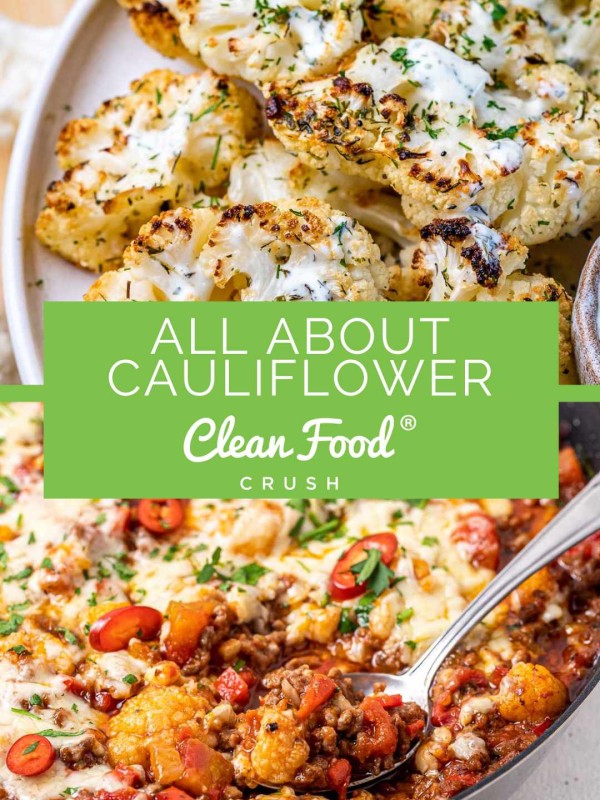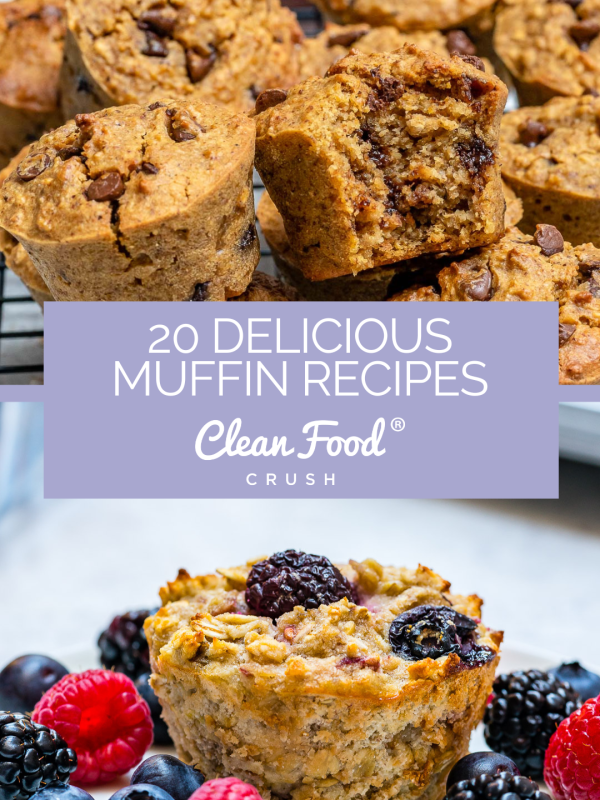This post contains affiliate links. Please see our disclosure policy.
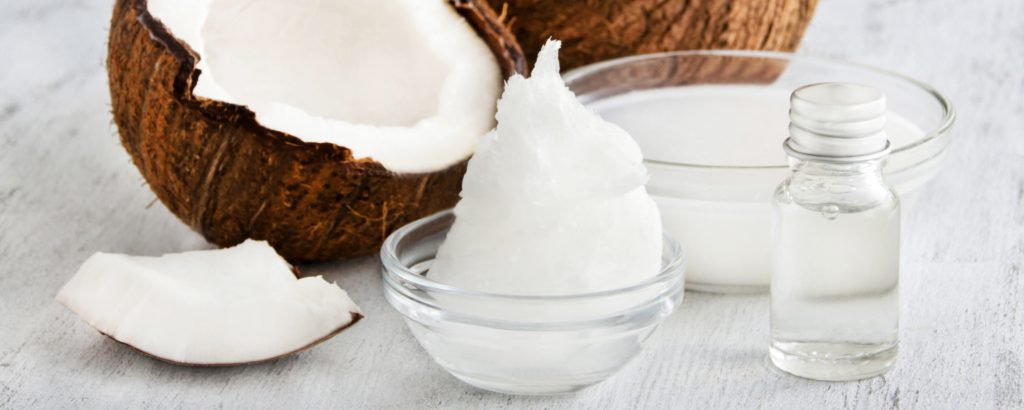
Written By: Autumn Enloe, MS, RD, LD
You may have seen that the American Heart Association recently released a report (1) advising against the use of coconut oil due to its high content of saturated fat. Although we have been taught for years to avoid saturated fat, research shows that coconut oil is not the issue. Are you confused now? Don’t worry, I’m here to clear things up.
Yes, coconut oil is considered a saturated fat, but not all saturated fat is created equal. Coconut oil is comprised of about 65% medium chain triglycerides (MCT) which is a fat that is rapidly absorbed into the bloodstream and burned as fuel for our bodies.

Research has found that the consumption of MCT’s can help reduce body weight, body fat, and triglycerides levels (2). Along with that, coconut oil also contains lauric acid which is a component of breast milk and contains various antimicrobial and antibacterial properties (3). Other components of coconut oil include oleic acid, linoleic acid, and Vitamin E.
Although the report from the American Heart Association states that saturated fat from coconut oil raises LDL or our “bad cholesterol,” it fails to point out that it can increase our HDL or our “good cholesterol.” Plus, research has found that not all LDL is bad (4). A study looking at the relationship between coconut oil and coronary heart disease found that coconut oil increased HDL, while also showing a reduction in body mass index and waist circumference. So not only can coconut oil improve our heart health, it can also help reduce other risk factors associated with heart disease (5). Another study which was a randomized and double-blind study found that consuming coconut oil increased HDL while consuming soybean oil (which is predominately unsaturated fat) actually increased total cholesterol and LDL levels (6).
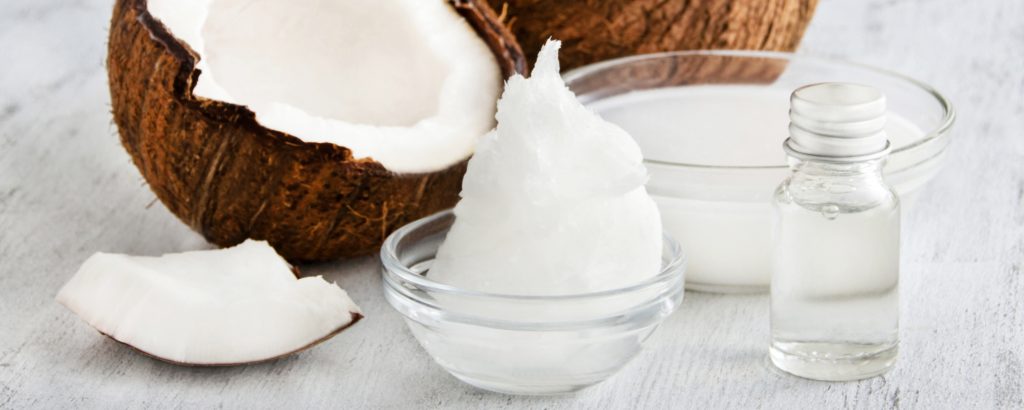
Coconut oil is not only beneficial for our heart health and waist line, it’s also great for other uses. Many people use coconut oil for cosmetic purposes such as lotion, lip palm, eye makeup remover, and a hair conditioner. It’s also great for reducing bacteria in the mouth through oil pulling (a process of swishing the oil in the mouth to remove bacteria). Another benefit of coconut oil is its high smoke point, making it a great oil to use for high-heat cooking.
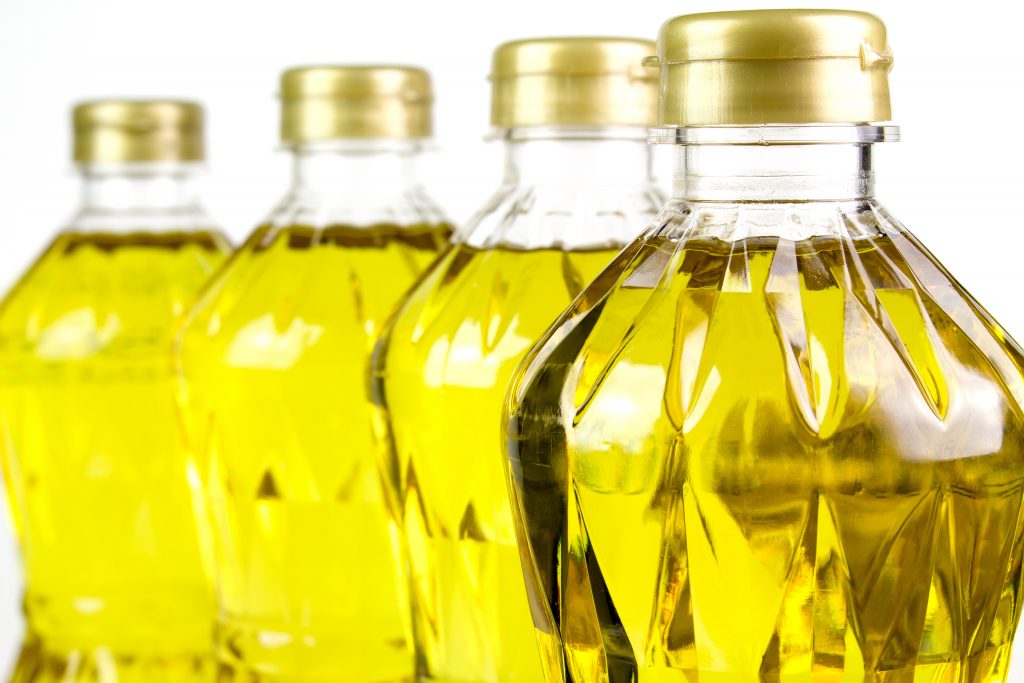
So, you might be asking what raises our risk for heart disease if coconut oil doesn’t. Vegetable oils, Eating foods with trans fats (which are the most harmful type of fat for us), consuming processed carbohydrates and sugars, living a stressful lifestyle, not getting adequate sleep, and lack of physical activity are all some risk factors associated with an increase in heart disease. Remember, there’s a variety of factors that impact our health; not just one type of food. So instead of focusing on just one food item, we need to look at the bigger picture and assess how we are addressing our health on a daily basis. Here are 7 Foods that Trigger Inflammation and What to Choose Instead!
Tip for buying coconut oil: Look for one that is cold-pressed and unrefined. That’s because refined coconut oil can be bleached or chemically processed which alters its chemical makeup and reduces its benefits.
References:
American Heart Association. Saturated fats: Why all the hubbub over coconuts? July 2017. http://news.heart.org/saturated-fats-why-all-the-hubbub-over-coconuts/
Xue, C. et al. Consumption of medium-and long-chain triaclyglycerols decreases body fat and blood triglyercide in Chinese hypertriglyceridemic subjects. Eur J Clin Nutr. 2009 Jul;63(7):879-86.
Bergsson, G. et al. In vitro killing of candidida albicans by fatty acids and monoglycerides. Antimicrob Agents Chemother. 2001 Nov; 45(11): 3209–3212.
Science Daily. “Bad” cholesterol not as bad as people think, study shows. May 2011. https://www.sciencedaily.com/releases/2011/05/110505142730.htm
Cardosa, D.A. et al. A coconut extra virgin-rich diet increases HDL cholesterol and decreases waist circumference and body mass in coronary artery disease patients. Nutr Hosp. 2015 Nov 1;32(5):2144-52.
Assuncao, M.L. et al. Effects of dietary coconut oil on the biochemical and anthropometric profiles of women presenting abdominal obesity. Lipids. 2009 Jul;44(7):593-601



